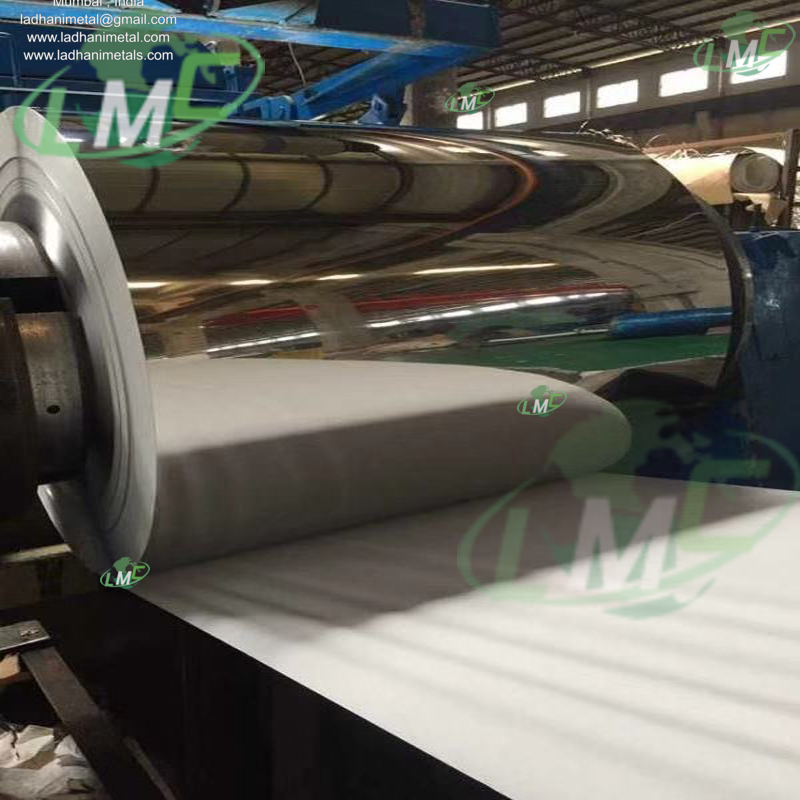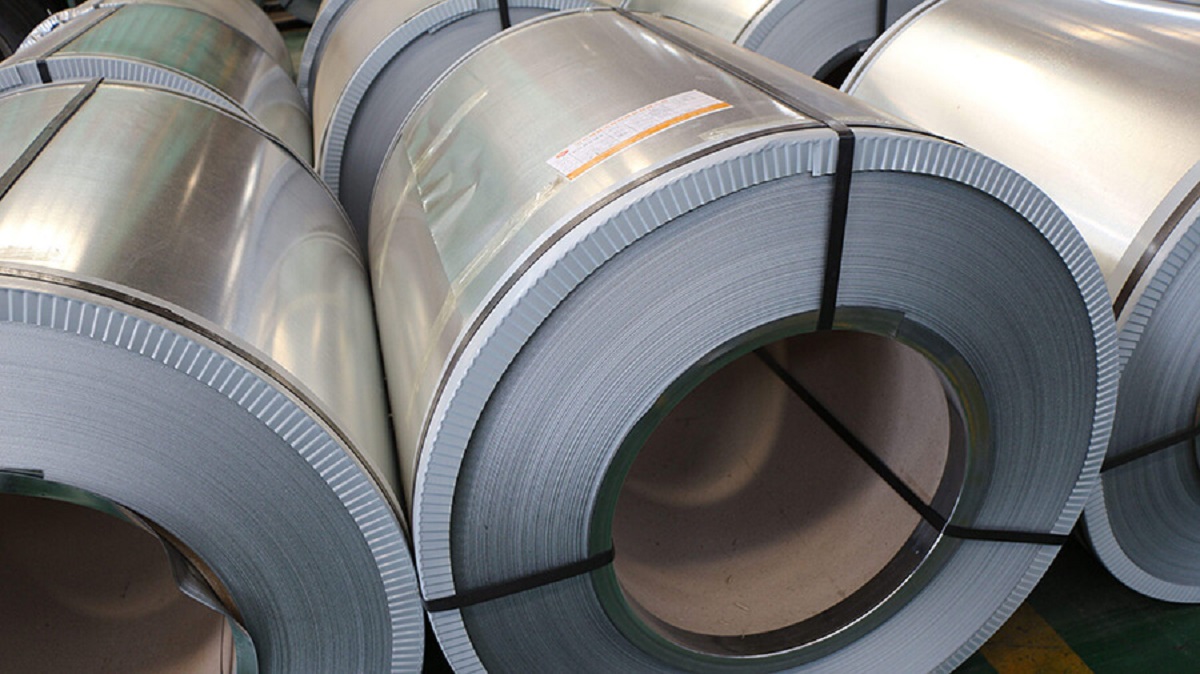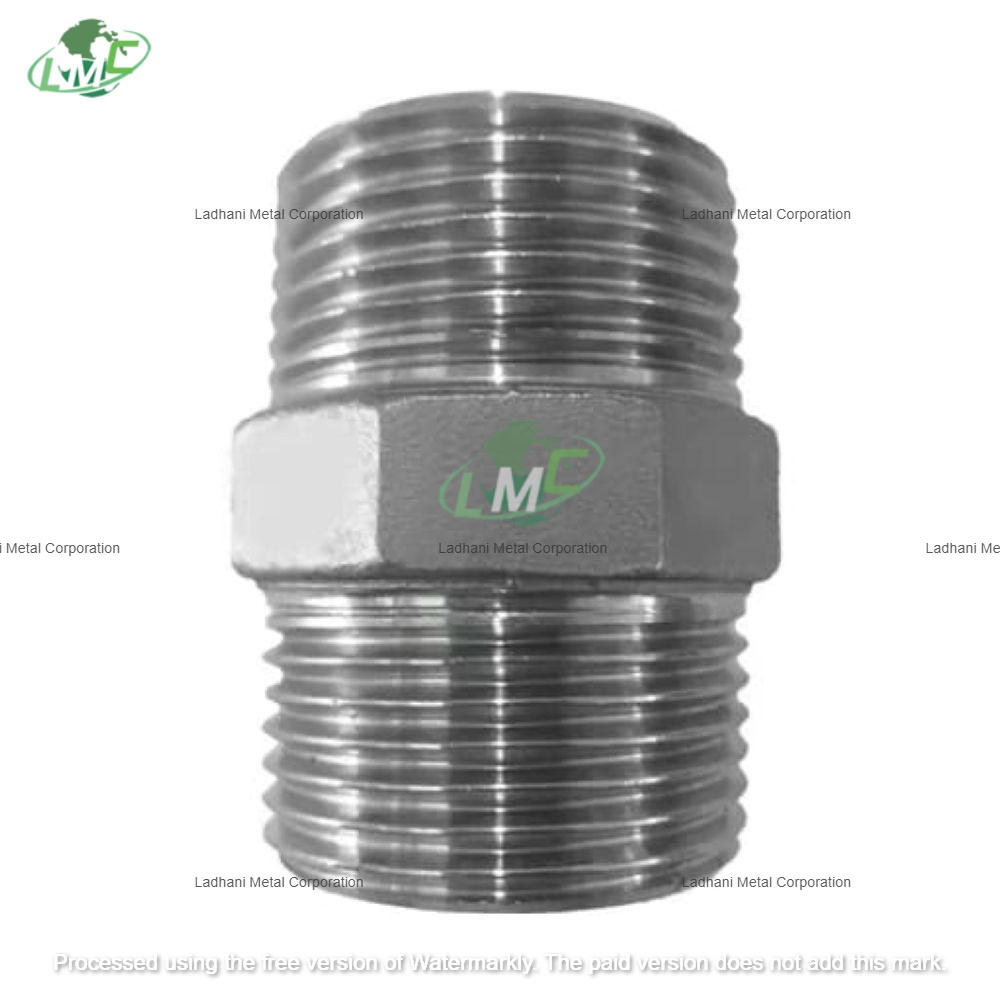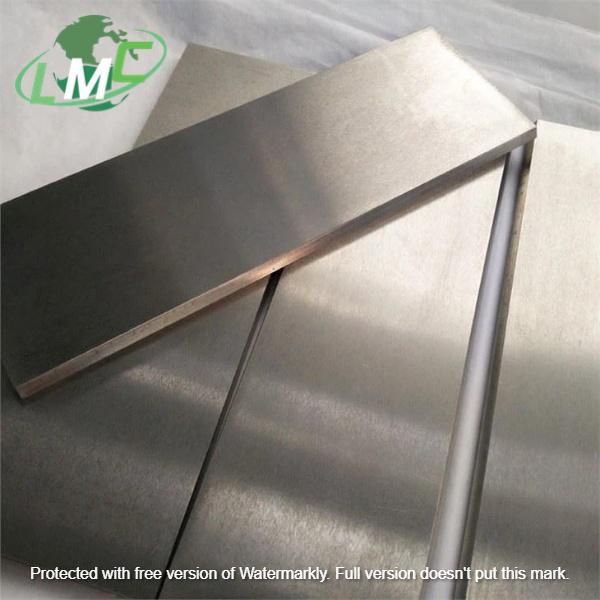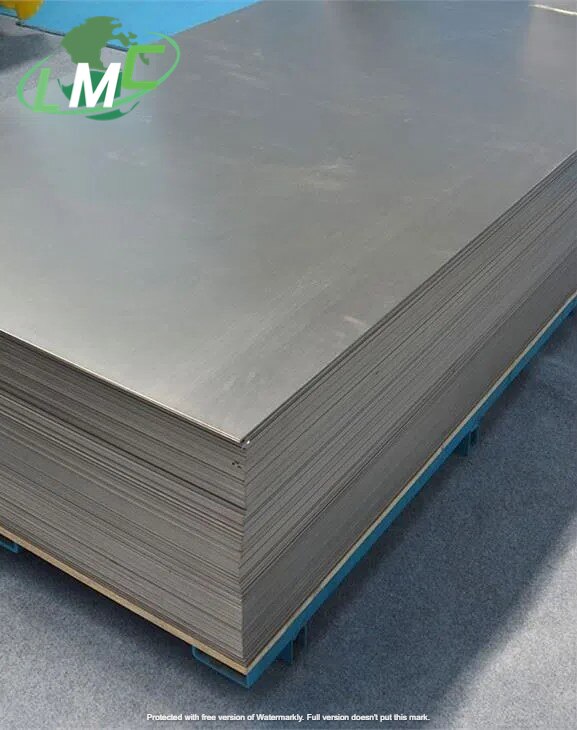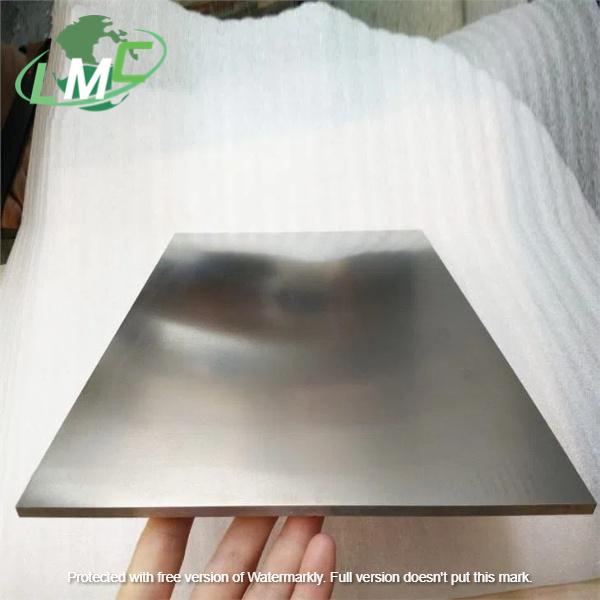ladhani metal corporation is supplier and exporter of CSN 17247 sheet , plate , coil , flat bar , circular plate , plate flanges , farma , laser cutting design sheet , waterjet cutting design sheet.CSN 17247 is the basic austenitic 18/8 steel stabilised by Titanium or additions. These grades are used because they are not sensitive to intergranular corrosion after heating within the carbide precipitation range of 425-850°C.CSN 17247 is the grade of choice for applications in the temperature range of up to about 900°C, combining high strength, resistance to scaling and phase stability with resistance to subsequent aqueous corrosion. Our Domestic reach is unlimited and we supply to this following cities Ahmedabad, Amritsar, Aurangabad, Bangalore, Bhopal, Chandigarh, Chennai, Coimbatore, Dhanbad, Faridabad, Ghaziabad, Guwahati, Gwalior, Howrah, Hyderabad, Indore, Jabalpur, Jaipur, Jodhpur, Kanpur, Kolkata, Kota, Lucknow, Ludhiana, Madurai, Meerut, Mumbai, Nagpur, Nashik, Navi Mumbai, New Delhi, Patna, Pune, Raipur, Rajkot, Ranchi, Solapur, Srinagar, Surat, Thane, Vadodara, Varanasi, Vijayawada, Visakhapatnam, Hubballi, Tiruchirappalli, Bareilly, Moradabad, Mysore, Gurgaon, Aligarh, Jalandhar, Bhubaneswar We export to following Countries: Russia, Canada, United States, China, Brazil, Australia, Argentina, Kazakhstan, Algeria, Denmark, Saudi Arabia, Mexico, Indonesia, Iran, Mongolia, Peru, South Africa, Colombia, Ethiopia, Bolivia, Egypt, Venezuela, Turkey, Chile, Myanmar, France, Ukraine, Madagascar, Botswana, Kenya, Thailand, Spain, Sweden, Uzbekistan, Morocco, Paraguay, Zimbabwe, Norway, Japan, Germany, Republic of the Congo, Finland, Vietnam, Malaysia, Poland, Oman, Italy, Philippines, Ecuador, New Zealand, United Kingdom, Guinea, Uganda, Nepal, Bangladesh
Send Message

